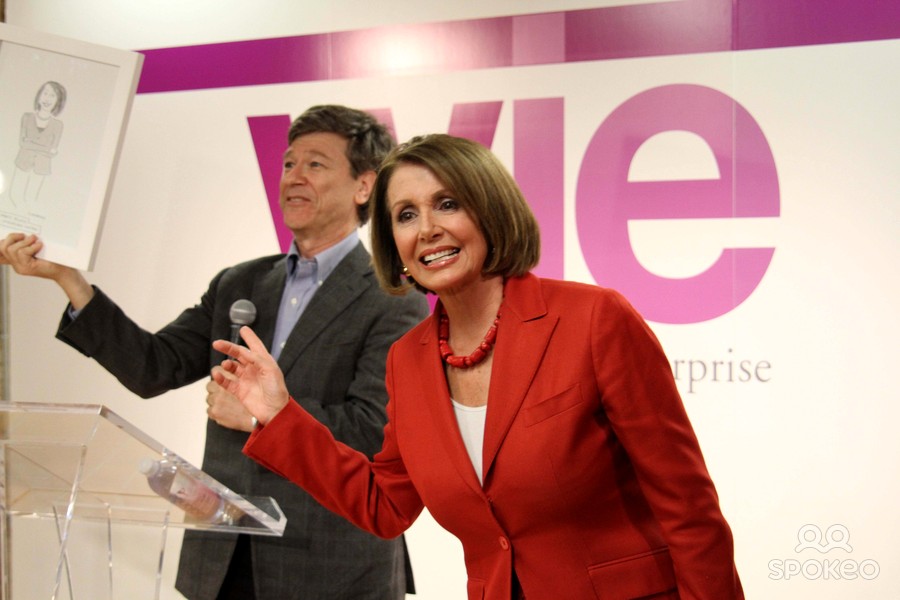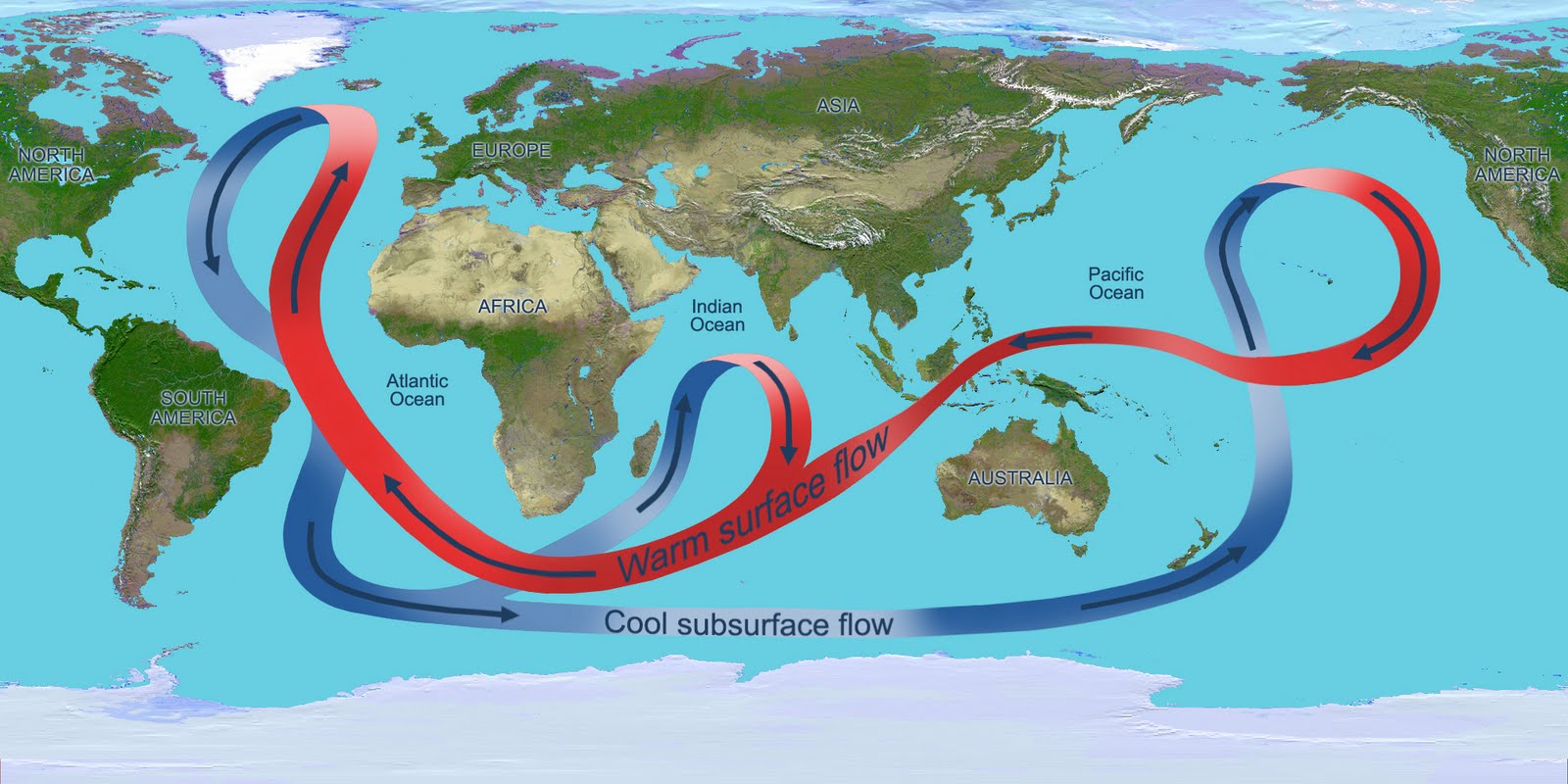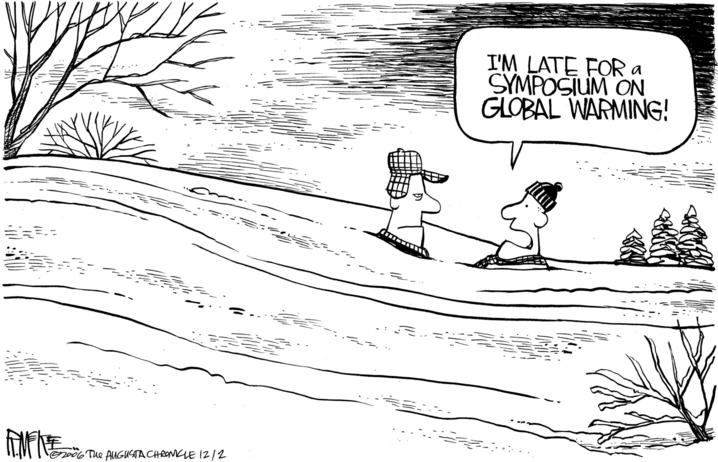Petre M. Iancu semnează pe Deutsche Welle un articol de colecție*. Poate și mai convingător, în lectura autorului, mai jos, preluare de pe adevarul. ro. De vreme ce liderul persan împarte în vest comenzi de câteva miliarde, cui să-i mai pese că şeful său, ayatolahul Kamenei, e stăpânul teocratic al unui regim tiranic, care calcă… Continuă lectura Eternul feminin, eternul jihadism*
Categorie: Preluari
Islamul radical, stimulat de corectitudinea politica
Ca adept rațional al moderației, mă tem de o suprareacție antiislamică, dar nu de dragul unui Islam degenerat în ideologie teroristă, ci pentru că-mi doresc să conserv valorile europene: nu trebuie să devenim fanaticii antifanatismului. Pe de altă parte, bilanțul greu al terorismului arabo-musulman (sau negru-musulman în Africa, unde operează Boko Haram) are carate simbolice… Continuă lectura Islamul radical, stimulat de corectitudinea politica
Cui ii canta Basescu „Guantanamera”?
„Păi, la Guantanamo îi ţineau până ce spuneau ce voiau să audă ofiţerii CIA“ (Traian Băsescu, la B1TV) De câte ori să mai repete apăsat fostul nostru președinte refrenul cu „guantanamizarea“ până să îl întrebe presa: „Dar numai la Guantanamo îi țineau, domnule Președinte?“? Mă rog, presa neacoperită, că aia acoperită ori se face că nu… Continuă lectura Cui ii canta Basescu „Guantanamera”?
Jeffrey Sachs: Socialism and Sanctimony
Jeffrey Sachs is a famous Columbia University Professor. In his book, The Price of Civilization, Sachs shows that he has a real grudge against the rich. He doesn’t like „unaffordable tax cuts … tax cuts for the rich …tax cuts on higher incomes …tax cuts for the wealthy … tax cuts for the richest Americans… Continuă lectura Jeffrey Sachs: Socialism and Sanctimony
Russell Brand: Profit is a Filthy Word
The UK comedian and actor Russell Brand appeared on a BBC talk show last week to denounce the concept of profits. The pampered multi-millionaire called for the establishment of „…a socialist egalitarian system based on the massive redistribution of wealth, heavy taxation of corporations, and massive responsibilities for energy companies exploiting the environment.” In what… Continuă lectura Russell Brand: Profit is a Filthy Word
The Euro-Socialist Death Spiral
In a small but telling incident, a German journalist accosted a Tea Partier at the Supreme Court on the day the ObamaCare case was being decided. The German upbraided the Tea Party movement for opposing government-run health care. His tone was the standard condescension for enlightened Euro-moralizing about – well, everything, but especially socialized medicine… Continuă lectura The Euro-Socialist Death Spiral
Computer Games and Global Warming
Pioneers of science like Pythagoras, Galileo, Copernicus, and Newton had beliefs that were mystical in nature. The Christian God was very much on the minds of 18th- and 19th-century scientists. Now it is a faux pas to mention God, but the religious impulse is still present in the human personality. The scientific mind has not… Continuă lectura Computer Games and Global Warming
Environmental Defense Fund backs “carbon pollution” controls rooted in pseudoscience and deception
How many lies can you fit into one environmentalist ad? The Environmental Defense Fund—the Hollywood-connected left-wing group depicted as green heroes in such sitcoms as How I Met Your Mother and Curb Your Enthusiasm—has a new series of ads promoting President Obama’s so-called “climate agenda.” The President’s plan includes the War on Coal—an effort to… Continuă lectura Environmental Defense Fund backs “carbon pollution” controls rooted in pseudoscience and deception
The BBC’s humiliation of Robbie Fowler shows that football is fair game for censorship
On Saturday the BBC made its football commentator and former Liverpool striker Robbie Fowler apologise on air for describing two footballers as „fighting like girls”. It made for uncomfortable viewing. It was obvious to any viewer with more than one brain cell that Fowler’s comment, made about a tussle between Fernando Torres and Jan Vertonghen… Continuă lectura The BBC’s humiliation of Robbie Fowler shows that football is fair game for censorship
Keeping the Poor Poor (Until They’re Not)
Government data indicate that the U.S. remains far from winning the longest war in its history: the war on poverty. The latest line of argument from defenders of the welfare system is that we are measuring poverty inaccurately; counting welfare as income, they suggest, would show that we are winning the war on poverty. Proponents… Continuă lectura Keeping the Poor Poor (Until They’re Not)









